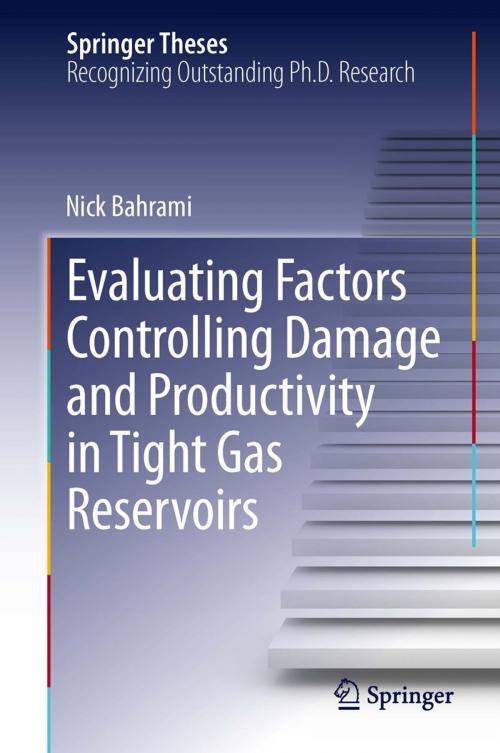Evaluating Factors Controlling Damage and Productivity in Tight Gas Reservoirs
Nonfiction, Science & Nature, Science, Earth Sciences, Mineralogy, Physics, Energy, Technology| Author: | Nick Bahrami | ISBN: | 9783319024813 |
| Publisher: | Springer International Publishing | Publication: | November 1, 2013 |
| Imprint: | Springer | Language: | English |
| Author: | Nick Bahrami |
| ISBN: | 9783319024813 |
| Publisher: | Springer International Publishing |
| Publication: | November 1, 2013 |
| Imprint: | Springer |
| Language: | English |
Tight gas reservoirs have very low permeability and porosity, which cannot be produced at economical flow rates unless the well is efficiently stimulated and completed using advanced and optimized technologies. Economical production on the basis of tight gas reservoirs is challenging in general, not only due to their very low permeability but also to several different forms of formation damage that can occur during drilling, completion, stimulation, and production operations.
This study demonstrates in detail the effects of different well and reservoir static and dynamic parameters that influence damage mechanisms and well productivity in tight gas reservoirs. Geomechanics, petrophysics, production and reservoir engineering expertise for reservoir characterization is combined with a reservoir simulation approach and core analysis experiments to understand the optimum strategy for tight gas development, delivering improved well productivity and gas recovery.
Tight gas reservoirs have very low permeability and porosity, which cannot be produced at economical flow rates unless the well is efficiently stimulated and completed using advanced and optimized technologies. Economical production on the basis of tight gas reservoirs is challenging in general, not only due to their very low permeability but also to several different forms of formation damage that can occur during drilling, completion, stimulation, and production operations.
This study demonstrates in detail the effects of different well and reservoir static and dynamic parameters that influence damage mechanisms and well productivity in tight gas reservoirs. Geomechanics, petrophysics, production and reservoir engineering expertise for reservoir characterization is combined with a reservoir simulation approach and core analysis experiments to understand the optimum strategy for tight gas development, delivering improved well productivity and gas recovery.















